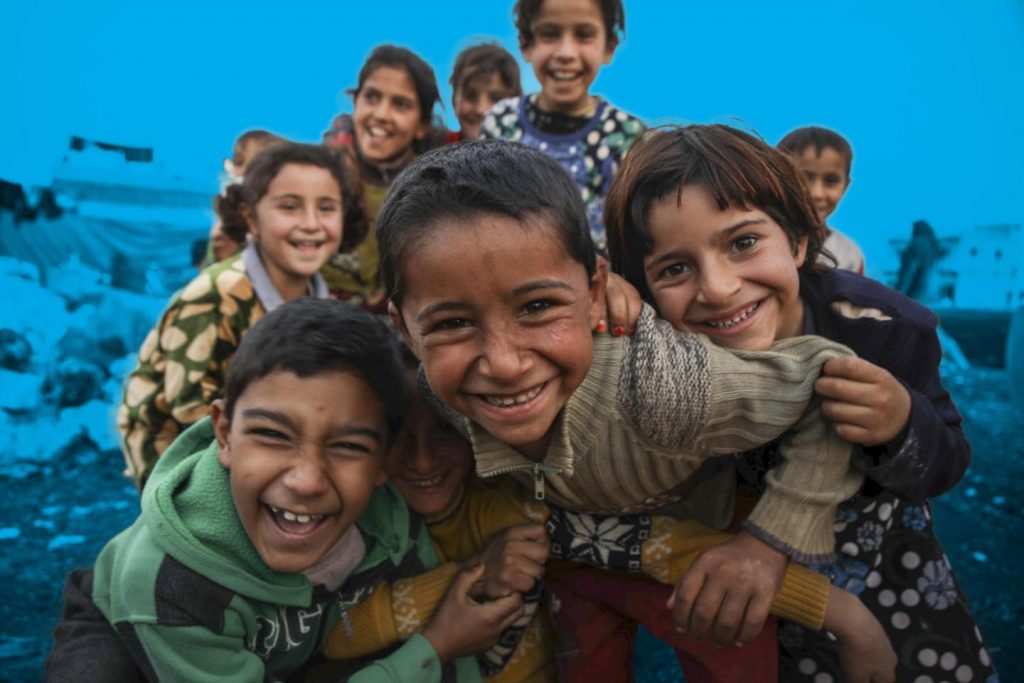UNICEF says 12,043 children in IDP camps now enjoy hygiene

The United Nations Children’s Fund (UNICEF) has said that children from 12,043 households, in 11 Internally Displaced Persons (IDPs) camps, in Maiduguri were now accessing basic sanitation, hygiene.
On Thursday, a press statement by the spokeswoman for the UNICEF Maiduguri Field Office, Folashade Adebayo, said the development was made possible by the UNICEF, UK Government Cash4Wash Initiative, where cash transfer was made to support beneficiaries to access hygiene products.
“The pilot programme aims to demonstrate the effectiveness and acceptance of the cash-based intervention in support of IDPs in camps and host communities, as compared to the distribution of pre-determined water, sanitation and hygiene (WASH) non-food items,” said the statement. “Launched with support from the UK Government’s Foreign Commonwealth and Development Office (FCDO), the Cash4Wash initiative is the first of its kind to be implemented by UNICEF in Nigeria.”
The learnings and experience from the initiative would be used to scale up cash transfers for WASH services to improve access to sanitation and hygiene facilities in humanitarian settings.
“Improved access to hygiene items would mean the enhanced ability of families and communities to avert and mitigate outbreaks of illnesses like cholera and diarrheas’ and the transmission of COVID-19,” UNICEF added. “Cash-based transfers have the potential to not only increase access to WASH services in humanitarian settings but also to support the local economy, as cash is spent in local markets.”
The UN agency noted that displaced households in the North-East, living with high rates of open defecation and low handwashing rates, are at a higher risk of disease outbreaks and preventable deaths.
It added that “left with no livelihood opportunity, these families lack disposable incomes to purchase basic hygiene materials, including sanitary towels, water containers, face masks, toothpaste, cups and soap for handwashing, bathing, laundry, and other cleaning.”
The statement observed that in Borno, the 2020 WASH National Outcome Routine Mapping showed that only 14 per cent of households had access to handwashing facilities and soap.
Poor hygiene and sanitation had been linked to high infant and child mortality, including diseases like dysentery, diarrhoea, typhoid, cholera, and malnutrition that led to the underlying cause of nearly 50 per cent of deaths in children under five globally.

